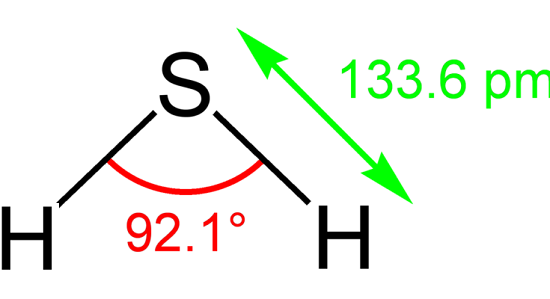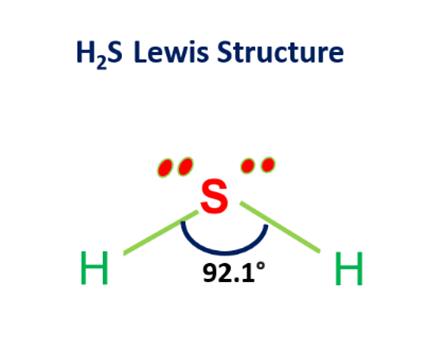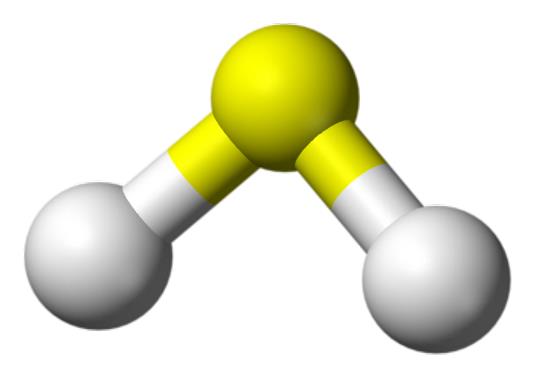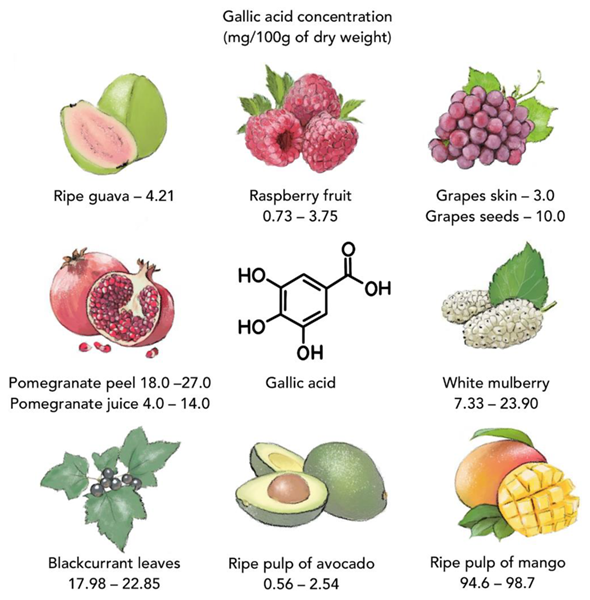Hydrogen Sulfide vs. Sulfur Burps: How to get rid of Sulfur Burps from the body
Hydrogen sulfide and sulfur burps
Hydrogen sulfide is a common inorganic gaseous compound with a rotten egg odour that can be produced through the human intestinal tract or during processing in fossil fuels such as oil and natural gas, and is widely used in industrial or pharmaceutical research. Hydrogen sulphide gas can be used as a source of sulphur for the preparation of silver sulphide nanoparticles (Ag2S NPs) assemblies, electrochemical decomposition for the preparation of pure hydrogen compounds, and as a ligand for complexes. It is also used as a hydrogen sulphide adsorbent and its removal detection studies.
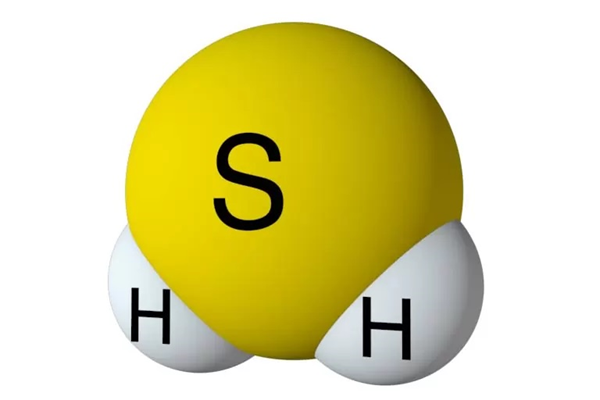
Sulfur burps, a type of burp that smells like rotten eggs, are caused by swallowed air being trapped in the oesophagus and then knocked back into the stomach without reaching it. However, some swallowed air passes through the oesophagus into the stomach, where it mixes with digestive gases before being burped out. These digestive gases, known as hydrogen sulphide gas, are the source of the burping odour.
The causes of Sulfur burps may be closely related to the use of sulfur-rich foods, bacterial infections (especially Helicobacter pylori infections), digestive disorders (gastroesophageal reflux disease and inflammatory bowel disease), irritable bowel syndrome, and food intolerance.
In addition, hydrogen sulphide is one of the most important signal transduction molecules in the human body. It has an extremely high rate of anabolism in the gastrointestinal tract (GT). Researchers believe that hydrogen sulfide has a dual regulatory role in the GI tract, specifically, it promotes GI function at low concentrations and impairs the GI tract at high concentrations. Hydrogen sulphide donors or metabolic modulators exert their therapeutic effects by restoring the metabolic balance of hydrogen sulphide and extending their efficacy to other tissues via the hydrogen sulphide-associated gut axis. Drugs, on the other hand, can deviate from the normal state of hydrogen sulphide metabolism due to structural instability, local overexposure and/or pharmacological overactivity, thus inducing toxic side effects or converting the therapeutic effect into a toxic side effect.
Methods of treatment
The treatment of sulfur burps includes:
(1) Dietary treatment: You can reduce your intake of sulfur-containing foods, such as broccoli, cauliflower, kale, bean sprouts, red meat, eggs, dried fruits, and foods such as beer and wine. Relief can also be achieved by drinking green tea, which studies have shown that green tea extract reduces levels of hydrogen sulfide and can therefore help reduce the gas that causes SIBO symptoms.
(2) Medications: There are a number of Chinese herbal preparations or herbs that can be taken to treat sulfur burps, such as turmeric, ginger, fennel, and coriander. Other OTC drugs include: ntibiotics, Bismuth subsalicylate, Simethicone, Enzyme lactase, etc.
References:
[1] JIN-GAO YU. [Dual modulating effects of hydrogen sulfide on gastrointestinal tract and efficacy-toxicity transformation of hydrogen sulfide-mediated drugs].[J]. Zhongguo Zhongyao Zazhi, 2022, 47 15. DOI:10.19540/j.cnki.cjcmm.20220410.601.[1] KIM T, LEE S, BAE M, et al. Electrochemical Hydrogen Sulfide Decomposition Using Proton Conducting Ceramic for Pure Hydrogen Production[J]. ECS Meeting Abstracts, 2023, 162 1: 44-58. DOI:10.1149/ma2023-015454mtgabs.

